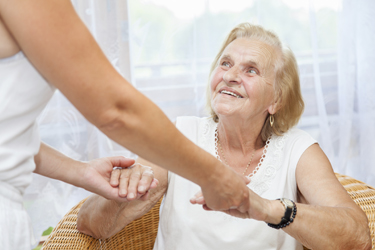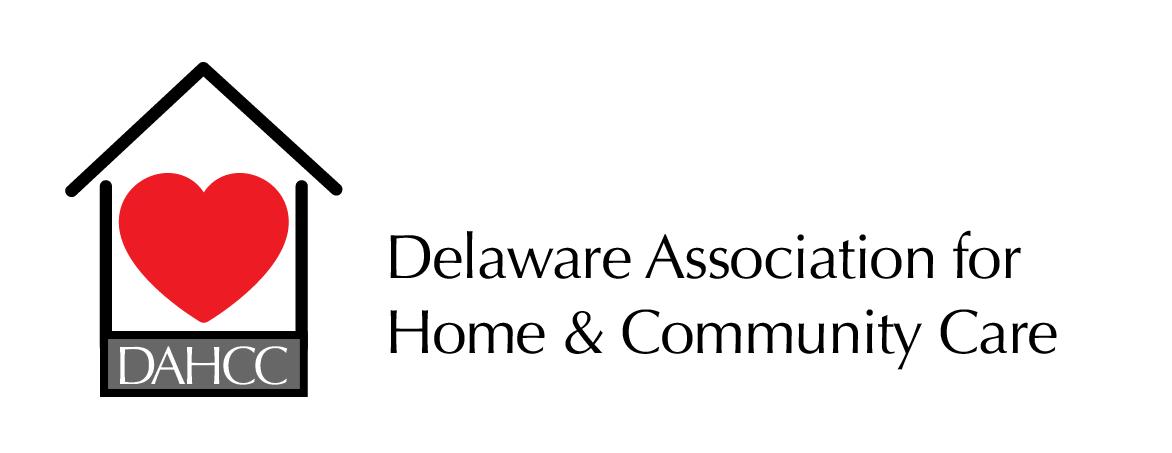What is Transitional Care?

Transitional care covers a wide range of services that help people transition between care settings and levels of healthcare. This can include the care needed when a person comes home from the hospital or when they are being transferred between healthcare providers. But transitional care is a little more complicated than that, so let’s dive in and really answer the question, “What is transitional care?”
There are gaps that occur in care during transitions between care settings, such as being discharged from the hospital, as well as transitions between healthcare providers. Care is often provided by numerous healthcare providers, leaving patients vulnerable to breakdowns in care. Plus, care coordination and continuity issues often occur with transitioning between settings. These gaps often lead to further health complications and hospital readmissions, and transitional care helps to close those gaps and ensure proper recovery.
Gaps can be caused by poor communication, incomplete information provided to the next level of care, misinterpretation of information by the family caregiver, limited access to services, not having one point of contact to carry the patient through the care continuum, not having a point of contact who can respond to questions quickly, language barriers, health illiteracy and cultural differences.
Transitional care is short-term care that focuses on individual goals and therapies, and it may include certain treatments to assist recovery such as low-intensity therapy or physiotherapy, as well as having nursing care for things like wound care, an aide for personal care and an assigned social worker. It can take place in a nursing home, a care facility, or even in your own home.
Who Can Benefit From Transitional Care?
The primary group of people who can benefit from transitional care are seniors and people who have multiple chronic conditions since they tend to have the greatest amount of care transitions and providers. Those with complex therapeutic treatments can also benefit.
Transitional care is also a huge benefit for family caregivers who may be either too busy to devote the necessary care their loved one needs or who may not know or understand how to properly care for their loved one. Lack of knowledge, skills and resources by family caregivers contributes to some of the greatest transitional care barriers.
Making Transitional Care Effective
There are numerous techniques that can be used to make transitional care more effective. Some of them include:
- Adapting the environment to meet the patient’s needs, preferences and goals
- Preventive and restorative care
- Starting discharge planning at admission
- Actively including family members in the discharge planning process – determining the family’s needs upon discharge, watching videos about post-discharge care management, how to access available community services – in order to help family caregivers feel better prepared to manage their loved one’s care after discharge
- Improve communication among patients, family caregivers and healthcare providers, especially through the use of technology
- Transitional care coaching for family caregivers – teaching the skills needed to manage the patient’s care
Sources:




